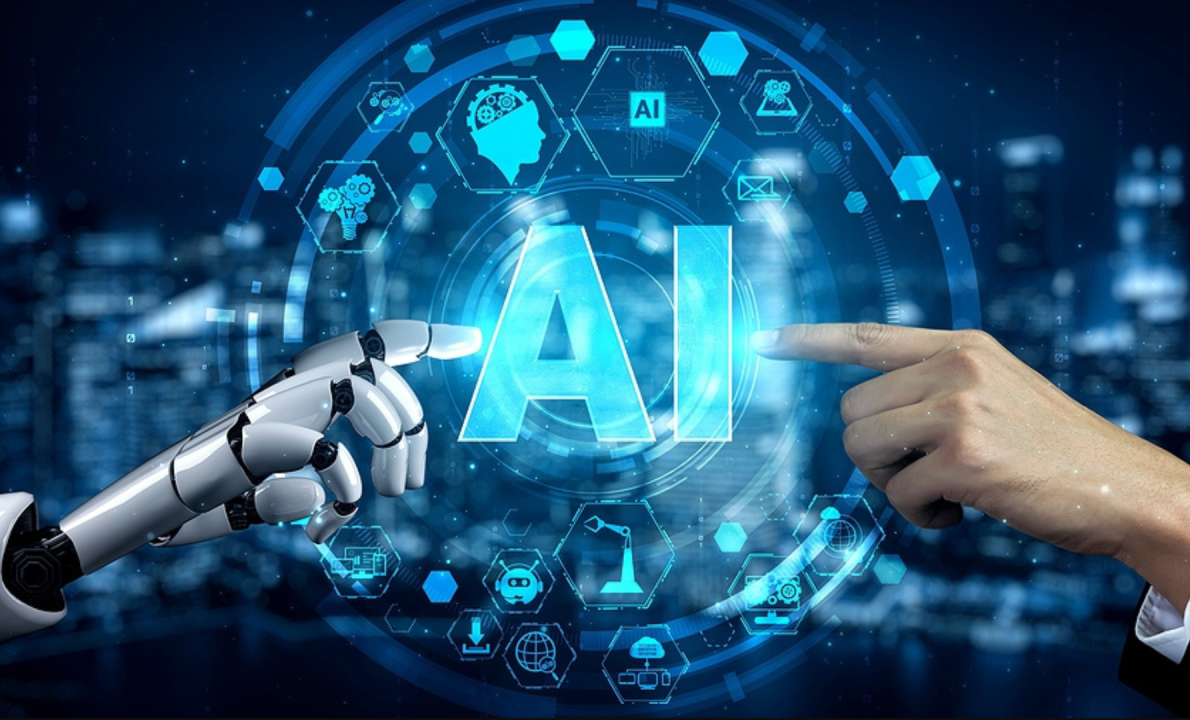Top 10 Emerging Technologies That Will Shape the Future
Top 10 Emerging Technologies That Will Shape the Future
The rapid advancement of technology continues to reshape how we live, work, and interact with the world. From artificial intelligence to biotechnology, emerging technologies are not only transforming industries but also creating new opportunities and challenges. In this article, we explore the top 10 emerging technologies that are expected to have the most significant impact on our future.
1. Artificial Intelligence (AI) and Machine Learning
Artificial Intelligence (AI) and machine learning are at the forefront of the digital revolution. These technologies enable machines to learn from data, recognize patterns, and make decisions with minimal human intervention.
Why It Matters:
AI is already being used in healthcare, finance, manufacturing, and customer service. From virtual assistants like Siri to self-driving cars, AI applications are becoming increasingly sophisticated. In the future, AI could be key to solving complex problems in areas like climate change, disease detection, and logistics optimization.
2. Quantum Computing
Quantum computing is a revolutionary field that leverages the principles of quantum mechanics to process information at unprecedented speeds.
Why It Matters:
Unlike classical computers, which use bits, quantum computers use quantum bits (qubits) that can exist in multiple states simultaneously. This enables them to perform complex calculations far faster than current machines. Quantum computing holds potential in drug discovery, cryptography, and modeling intricate systems in physics and chemistry.
3. 5G and Next-Gen Connectivity
5G, the fifth generation of mobile networks, promises faster speeds, lower latency, and more reliable connections than its predecessors.
Why It Matters:
5G will pave the way for the Internet of Things (IoT), smart cities, autonomous vehicles, and augmented reality experiences. It will enable real-time communication between devices, allowing for innovations in remote surgery, industrial automation, and immersive gaming.
4. Blockchain and Decentralized Systems
Blockchain technology, best known as the foundation for cryptocurrencies like Bitcoin, is gaining momentum in various sectors beyond finance.
Why It Matters:
Blockchain offers a secure, transparent, and tamper-proof way to record transactions. It is being used in supply chain management, voting systems, identity verification, and digital contracts. The rise of decentralized finance (DeFi) and non-fungible tokens (NFTs) also highlight blockchain’s growing influence.
5. Biotechnology and Genetic Engineering
Biotechnology involves using living organisms and biological systems to develop new products and applications, particularly in healthcare and agriculture.
Why It Matters:
Breakthroughs like CRISPR gene editing allow scientists to modify DNA with high precision. This has enormous implications for curing genetic diseases, improving crop resilience, and even bringing extinct species back to life. Personalized medicine, where treatments are tailored to an individual’s genetic makeup, is also becoming a reality.
6. Extended Reality (XR): AR, VR, and MR
Extended Reality (XR) encompasses Augmented Reality (AR), Virtual Reality (VR), and Mixed Reality (MR), blurring the lines between the physical and digital worlds.
Why It Matters:
XR technologies are transforming how we learn, shop, work, and play. In education, students can explore historical events in 3D; in retail, customers can try products virtually before purchasing. As XR becomes more accessible, it will redefine user experiences across sectors.
7. Autonomous Systems and Robotics
Autonomous systems use AI and sensors to operate independently without human control. Robotics is a key component of this field.
Why It Matters:
From warehouse automation to drone deliveries, autonomous robots are improving efficiency and reducing labor costs. In transportation, self-driving cars and trucks are being developed to revolutionize mobility. In healthcare, robotic surgical systems assist doctors with high-precision procedures.
8. Clean Energy Technologies
As the world grapples with climate change, clean energy technologies are critical for a sustainable future. This includes solar, wind, hydrogen fuel, and energy storage solutions.
Why It Matters:
Innovations in battery technology, such as solid-state batteries, are making renewable energy more viable. Smart grids and energy-efficient appliances are also helping reduce carbon footprints. The shift toward electrification and cleaner power sources is central to achieving global sustainability goals.
9. Internet of Things (IoT)
The Internet of Things refers to the network of interconnected devices that collect and exchange data in real-time.
Why It Matters:
IoT enables smart homes, wearable health monitors, connected cars, and more. In industries, IoT sensors track machinery performance, predict maintenance needs, and improve safety. As IoT expands, it will offer new levels of automation and efficiency across all sectors.
10. Space Technology and Exploration
Space technology is no longer confined to government agencies. Private companies are now at the forefront of exploring and utilizing outer space.
Why It Matters:
Reusability in rockets, satellite constellations for global internet coverage, and the prospect of space tourism are changing how we view space. Technologies developed for space missions often lead to innovations that benefit life on Earth, such as GPS, satellite imaging, and new materials.
The Broader Impact of Emerging Technologies
The rise of these technologies doesn’t come without challenges. Issues such as data privacy, ethical AI use, job displacement due to automation, and unequal access to innovation need to be addressed. Governments, businesses, and individuals must collaborate to create policies and practices that ensure technology serves humanity responsibly.
Preparing for a Tech-Driven Future
To stay competitive and adapt to the changing landscape, it is essential to:
- Invest in education and digital skills: Lifelong learning in areas like data science, coding, and critical thinking is crucial.
- Embrace innovation: Organizations should foster a culture that supports experimentation and adaptability.
- Promote ethical tech: Developing transparent, inclusive, and responsible technologies will build public trust and prevent misuse.
Conclusion
From transforming healthcare to reshaping the way we connect and communicate, emerging technologies are the building blocks of the future. The top 10 technologies highlighted in this article represent just the beginning of a new era of innovation. By understanding and embracing these advancements, we can unlock a world of possibilities and build a smarter, more sustainable tomorrow.









